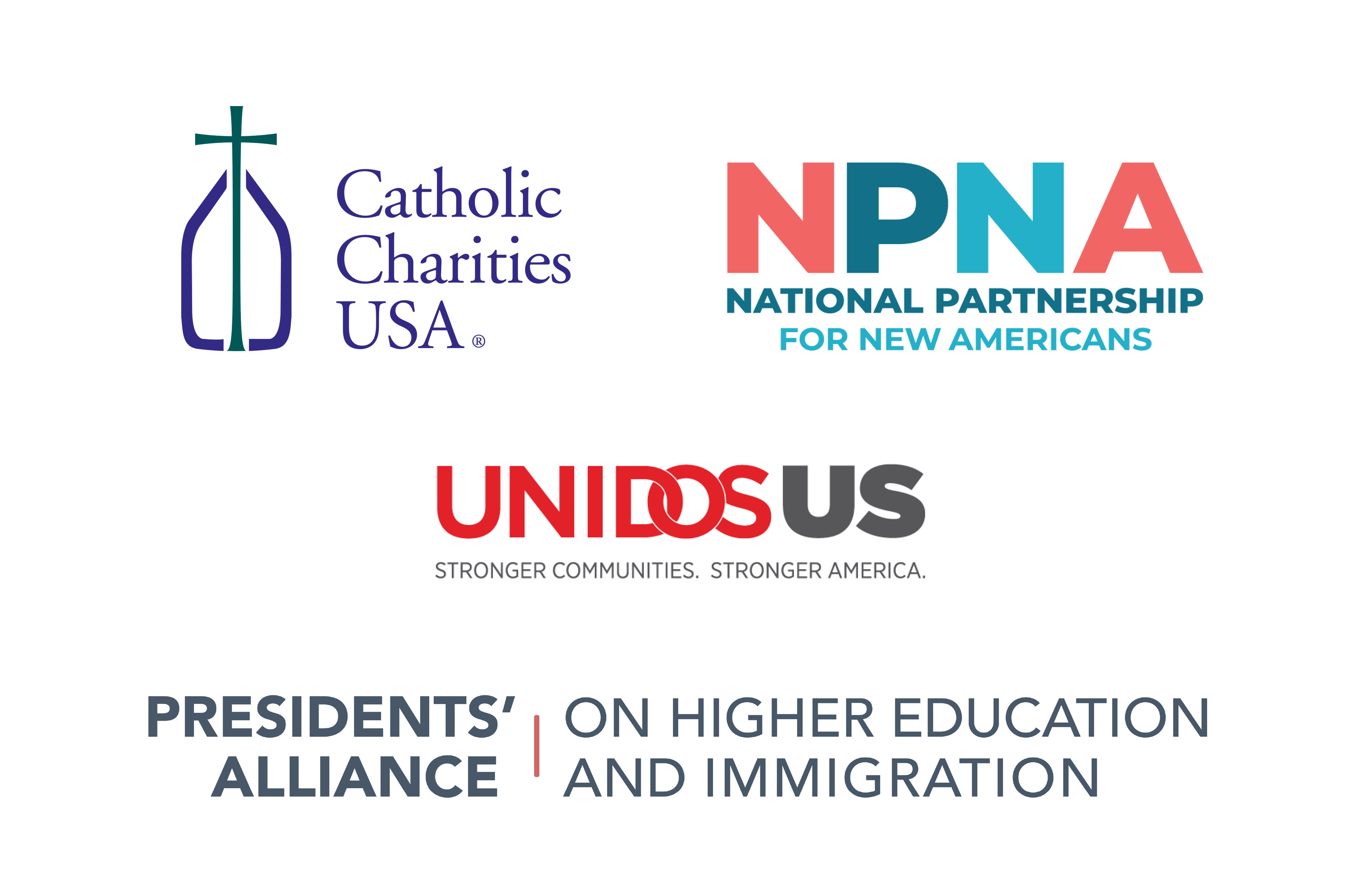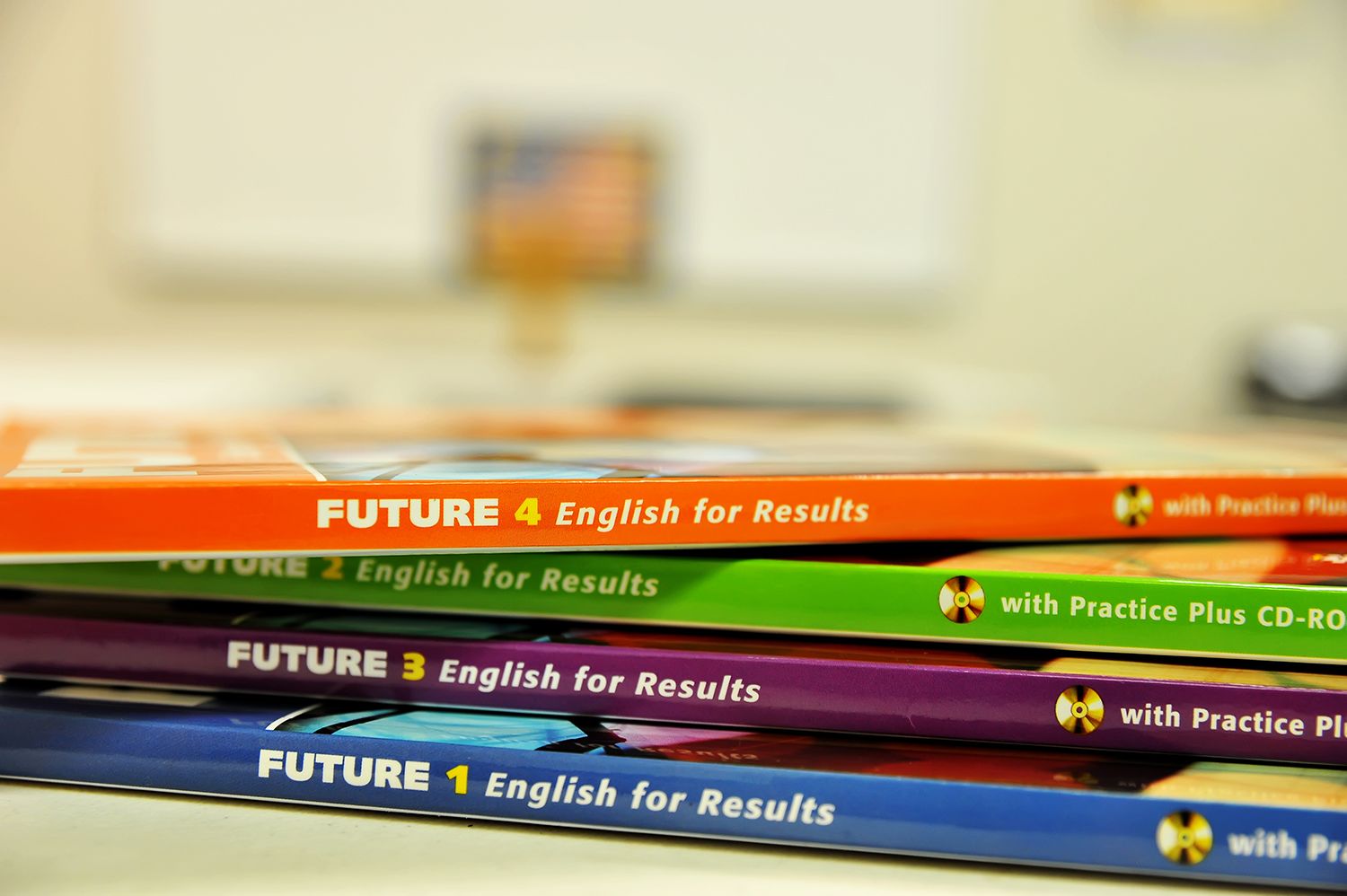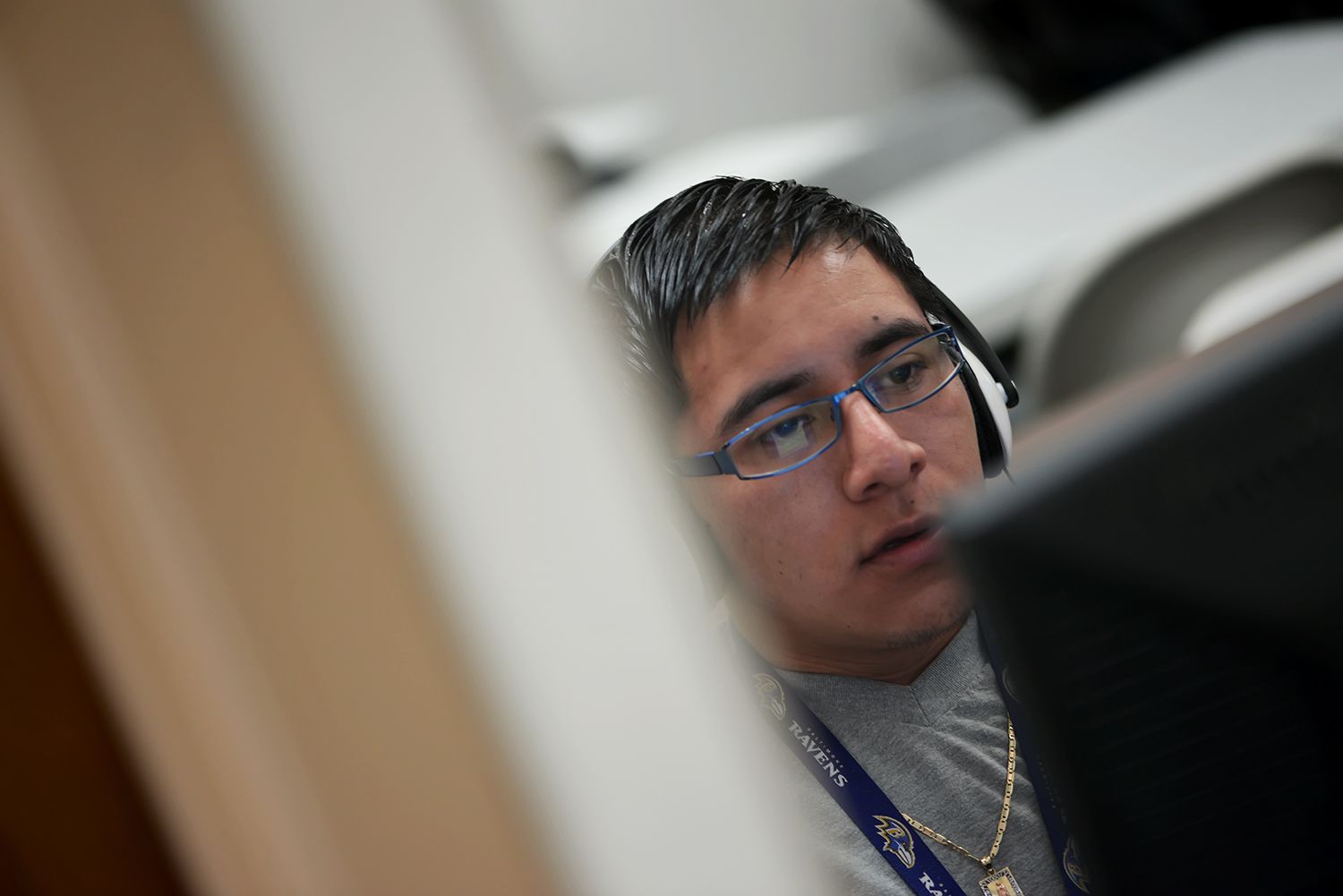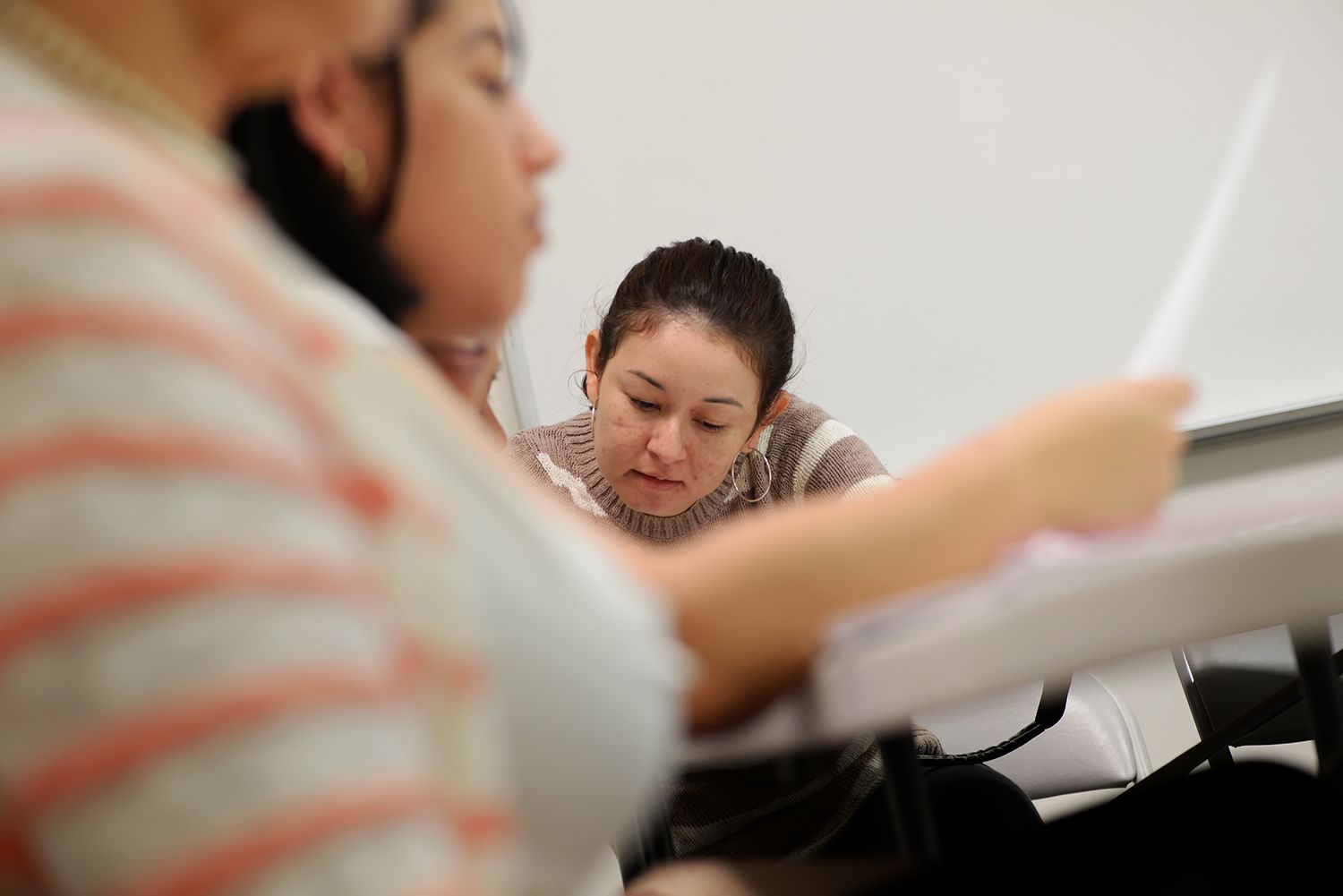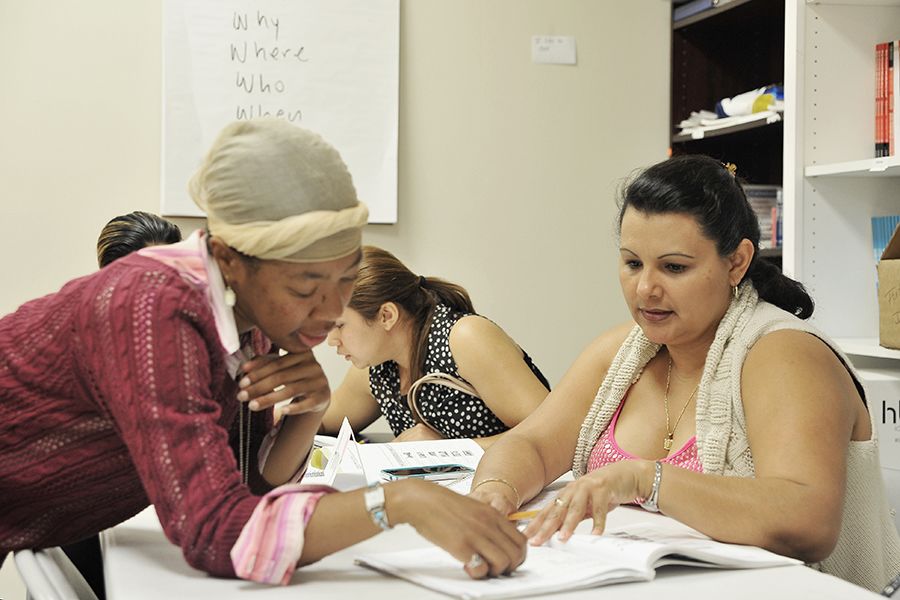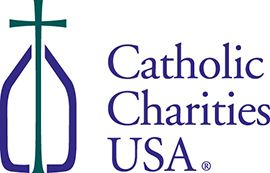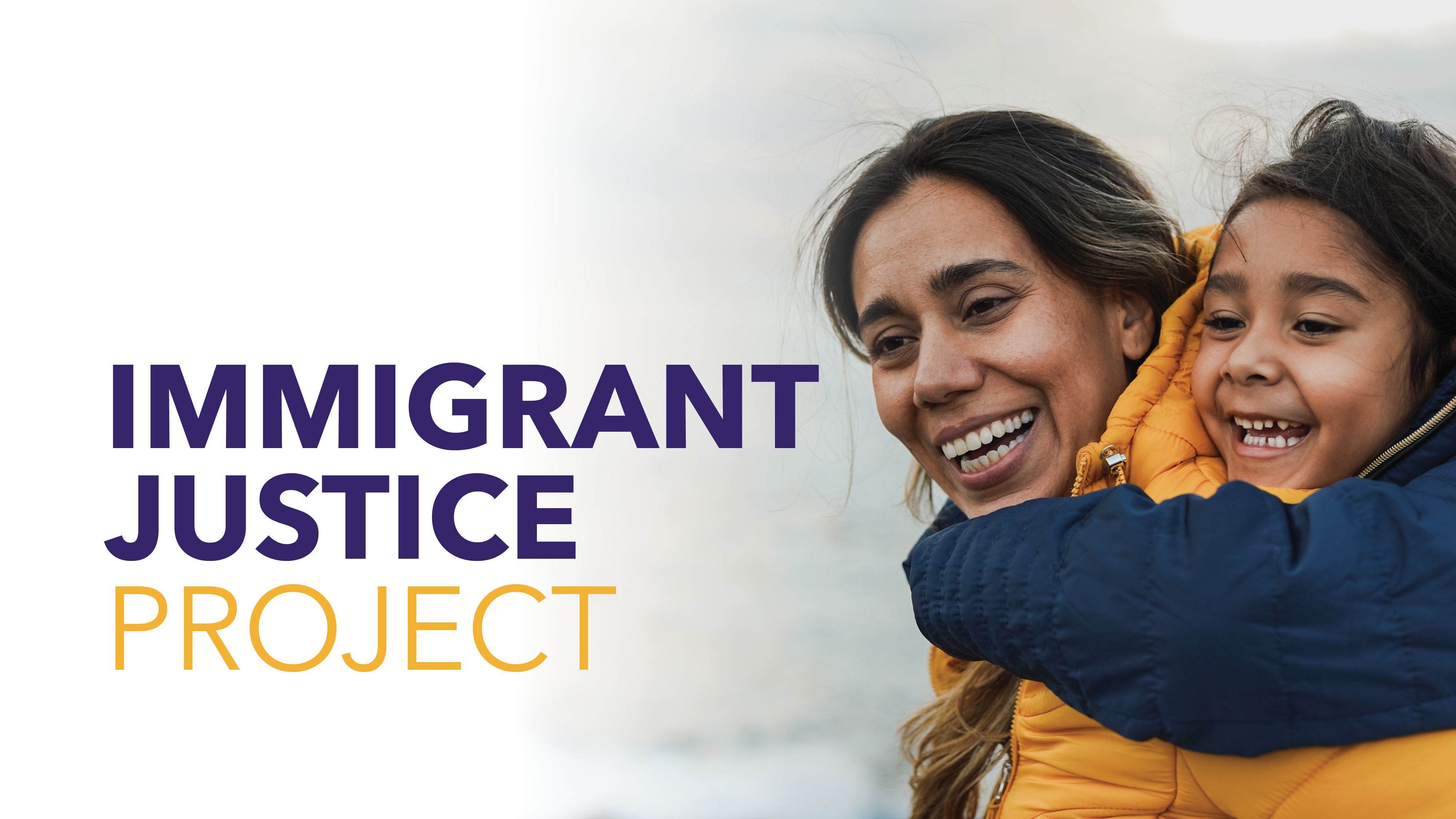
THE IMMIGRANT JUSTICE PROJECT

Most immigrants confront the immigration bureaucracy without representation, drastically lowering their chance for justice. Training large numbers of immigrants, community advocates and Accredited Representatives will produce massive systemic change for efficient, effective access to justice.
THE CHALLENGE
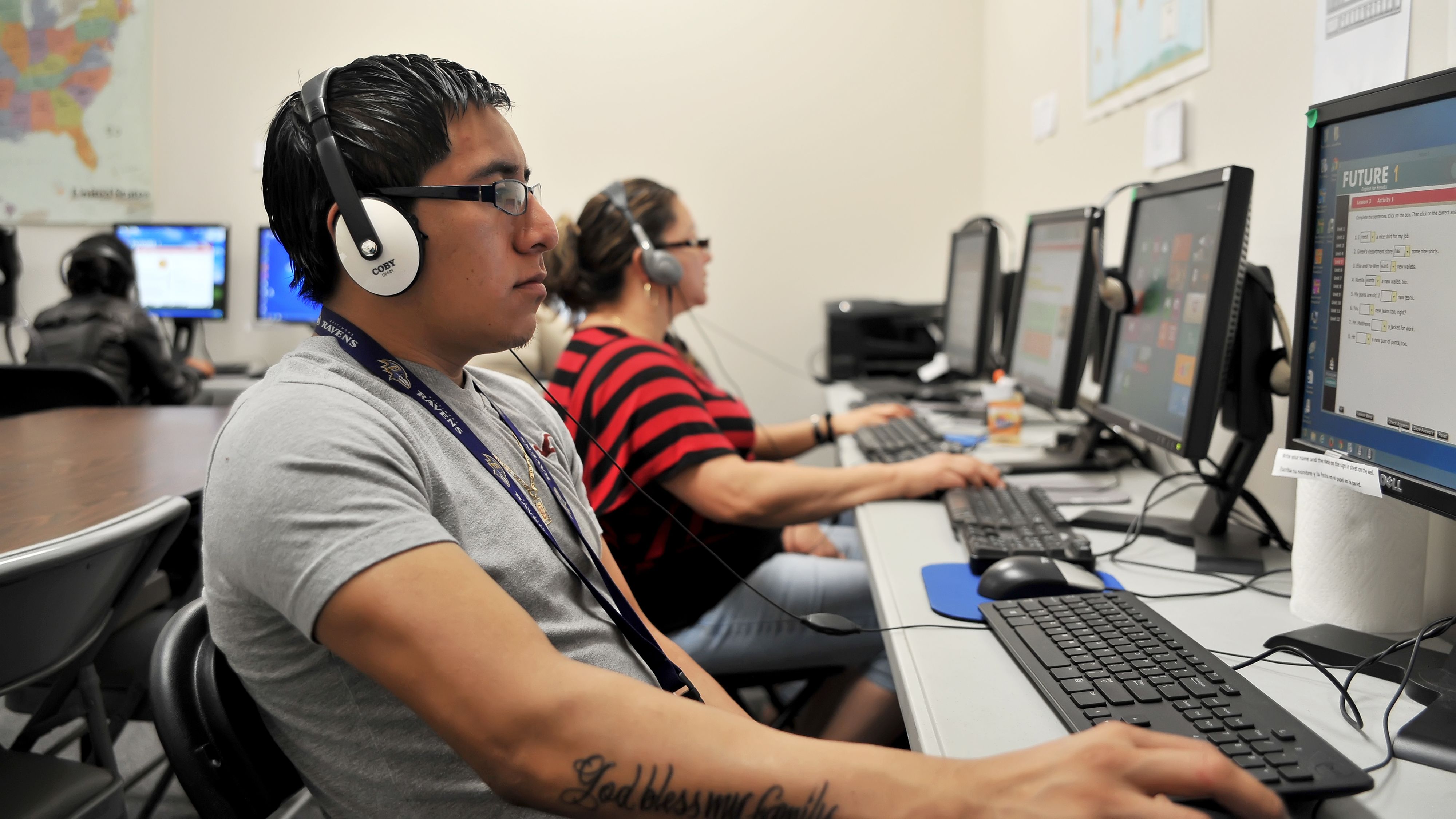
THE CHALLENGE

The U.S. immigration legal representation crisis is at a breaking point. Millions of immigrants and refugees, mainly people of color, face the immigration system without legal help. Lawyers alone cannot solve this issue, leading to 70% of immigrants, including children, attending court without advocates. In some areas, thousands of cases are pending per immigration lawyer. Over a million undocumented immigrants are unaware they qualify for legal status. Those with representation fare better, but access to legal help is uneven, with migrants facing challenges in language, culture, and resources. Lack of representation leads to uncertainty among immigrants, families, and communities, amidst exacerbated legal backlogs, increased adjudicator workloads, long delays, and suffering quality of representation.
THE SOLUTION
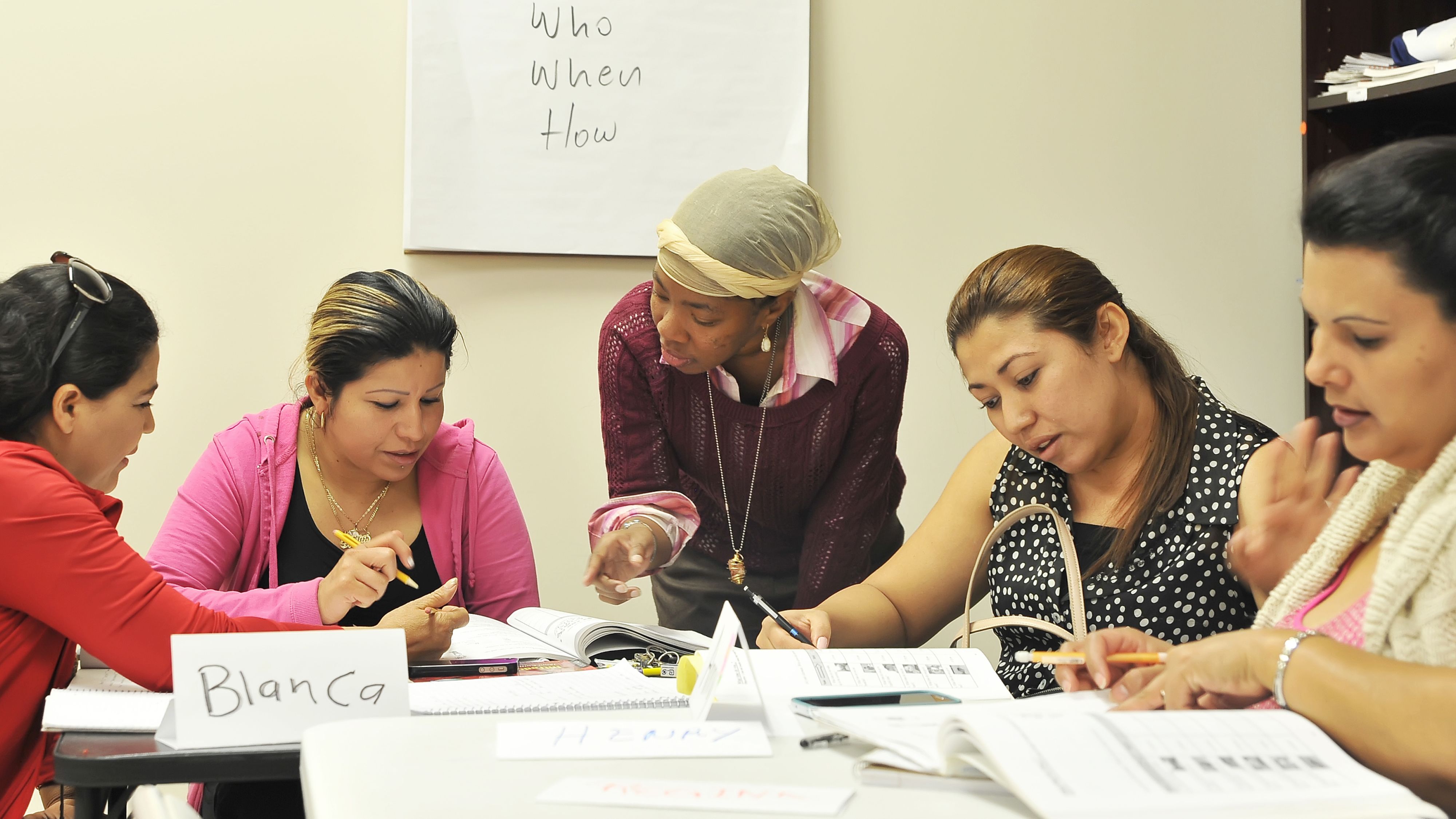
THE SOLUTION

Our solution will expand access to immigration legal services, empower communities with training and advocacy, and develop a sustainable ecosystem for equitable immigrant justice.
Our National Collaborators
We aim to educate champions for immigrant justice at scale. With new advances in online learning and under existing federal regulatory authority, we can train hundreds of thousands, including lawyers (US and foreign educated), students (high school to PhDs), social workers, educators, retirees, people reentering the workforce, and immigrants, who seek holistic education in immigration law and client-centered practice.
Our solution’s four pillars: 1) expanding capacity by training individuals to serve as Accredited Representatives, pro bono lawyers, and advocates, and strengthening immigrant-serving organizations and growing new ones; 2) introducing user-centered tools, processes and resources; 3) implementing a strategic communications and advocacy strategy; and 4) building a sustainable ecosystem through research, evaluation, strategic collaboration, and a national Association.
PILLAR 1
Designing scalable, online, modular educational training in immigration, law, and practice for advocates; building career and volunteer pathways through fellowships and externships; establishing mentorship and supervision models for ARs and advocates; and building organizational readiness of immigrant-serving organizations. Through the Presidents’ Alliance’s (PA) network of 570+ colleges and universities and Higher Ed Immigration Portal, which disseminates key resources on immigration, we will integrate training modules into degree and certificate programs. In five years, we will expand the field of ARs from 2,500 to 35,000, educate thousands more to provide wraparound services, create libraries of user-friendly legal tools and resources for lawyers, other advocates, and immigrants themselves, enabling over 500,000 immigrants to access legal services and millions to access resources.
PILLAR 2
Developing user-centered technologies, processes, and resources through co-design with immigrants, advocates, legal professionals, and other providers of immigration technology.
PILLAR 3
Shifting mental models and messages around immigration legal services through a strategic communications and advocacy strategy; conducting research and developing narratives and key messaging to inform the ecosystem.
PILLAR 4
Creating sustainable systems change through research, evaluation, and strategic collaboration; convening regularly to share learnings and build capacity for ongoing change; launching the first-ever National Association of Accredited Representatives and Recognized Organizations to establish unified standards of ethics and practice, define Accredited Representatives as a sustainable career path, offer trainings and mentorship, and provide a sense of cohesion and professional identity to its members. The Association will be poised to continue beyond the grant period.
OUR REACH
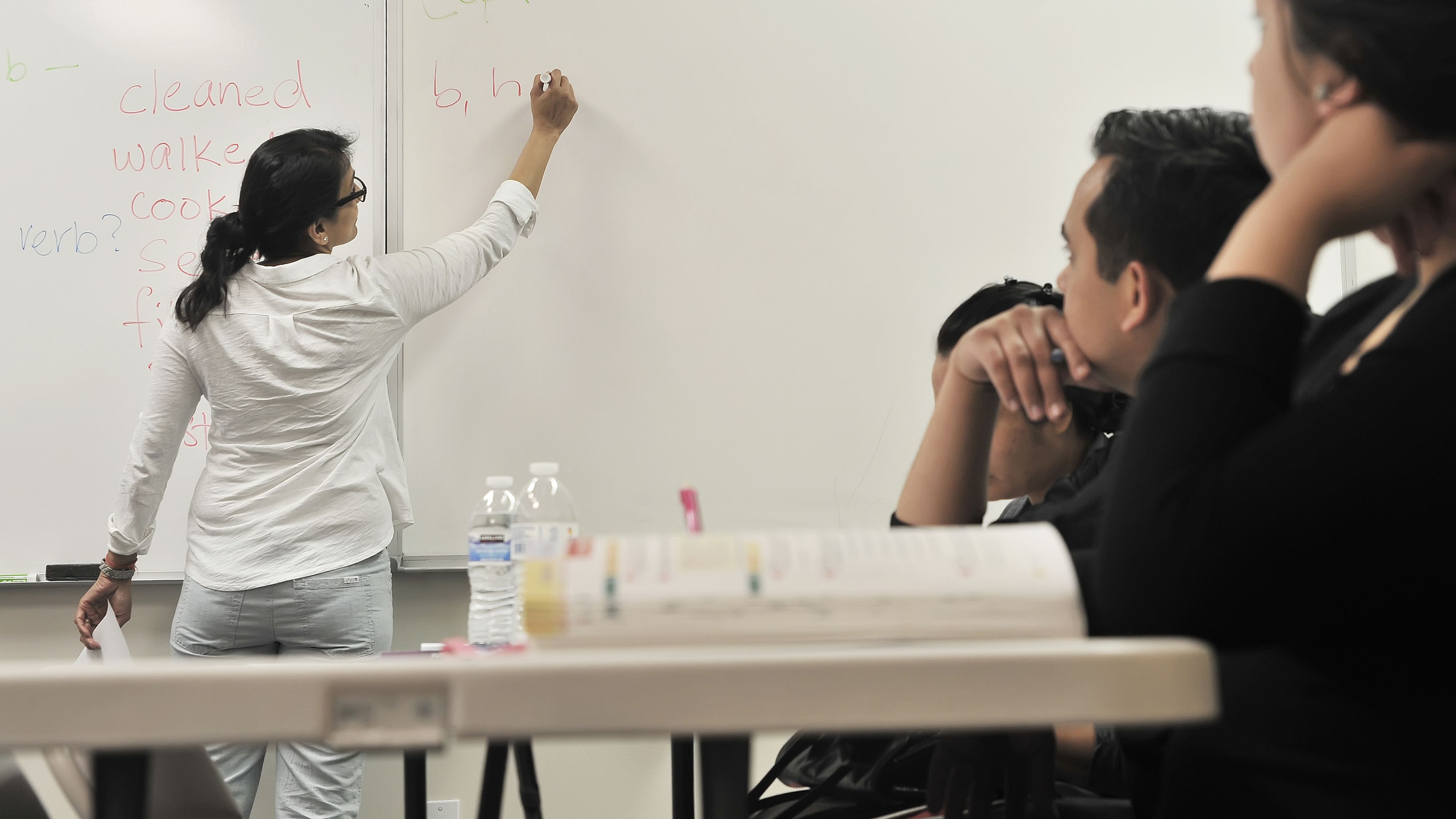
OUR REACH

Our solution brings together immigrant-serving organizations with multiple decades of experience across diverse communities, an expansive network of higher education institutions (and their students) committed to migrant justice, academics, thought leaders, and an expansive Advisory Council. Together, we will achieve what none of us could accomplish alone. Our strength is in our diversity, coming together in alliance.
Advisory Council
The Advisory Council is a committee of immigration community members, key stakeholders, “wise heads,” immigration law school professors, and thought leaders from across the immigration legal services ecosystem, the higher education academic community, the legal services industry, and beyond.
Accredited Representatives from different types of organizations and geographic regions:
- Kim Betz, Executive Director, Princeton University Center for Career Development, and Director of Board, Arise (immigrant serving organization in Pittsburgh, PA)
- Anthony Cernera, PhD., the Refugee and Migrant Education Network
- Jeff Chase, founder of the Retired Immigration Judge Roundtable
- Anna Gallagher, Executive Director, CLINIC
- Bruce A. Green, Louis Stein Chair, Director, Louis Stein Center for Law and Ethics, Fordham University School of Law
- Jonathan Goldman, Student Clinic for Immigrant Justice
- Robyn Lieberman, Villanova University Strategic Initiative for Migrants + Refugees
- Jane Lombardi, The Resurrection Project
- Mary E. McClymont, Senior Fellow, Georgetown Justice Lab
- Kyle McEfee, the Law School Admissions Council
- Ellen Murphy, JD, MEd, Professor of Practice, Wake Forest University School of Law
- Mario Russell, the Center for Migration Studies
- Paul Schmidt, retired immigration judge and retired Chair, Board of Immigration Appeals
- Susan Schmidt, Associate Professor of Social Work & Field Director, Luther College
- Lori Stone, Acacia Center for Justice
- Michael Houlberg, the Institute for the Advancement of the American Legal System
Immigration Law Professors:
- Richard Boswell, Professor of Law & Director Immigrant Rights Clinic, University of California, College of the Law
- Marisa Cianciarulo, Dean, Western State College of Law
- Beth Lyon, Clinical Professor of Law, Associate Dean for Experiential Education and Clinical Program Director, Cornell Law School
- R. Linus Chan, Professor of Clinical Law, Director of Detainee Rights Clinic, James H. Binger Center for New Americans, University of Minnesota Law School
- Fernando Chang-Muy, University of Pennsylvania School of Law
- Elora Mukherjee, Jerome L. Greene Clinical Professor of Law, Director, Immigrants' Rights Clinic, Columbia Law School
- Amelia Steadman McGowan, Assistant Professor / Immigration Clinic Director, University of Arkansas School of Law
- Juliet P. Stumpf, Edmund O. Belsheim Professor of Law, Lewis & Clark Law School
For more information, please contact Anthony Sciacca,
Executive Vice President and Chief Development Officer, Catholic Charities USA.
For more information, please contact Anthony Sciacca, Executive Vice President and Chief Development Officer, Catholic Charities USA.
2050 Ballenger Ave, Suite 400
Alexandria, VA 22314
Tel: 703-549-1390 | catholiccharitiesusa.org
© 2024 Catholic Charities USA. All rights reserved.

